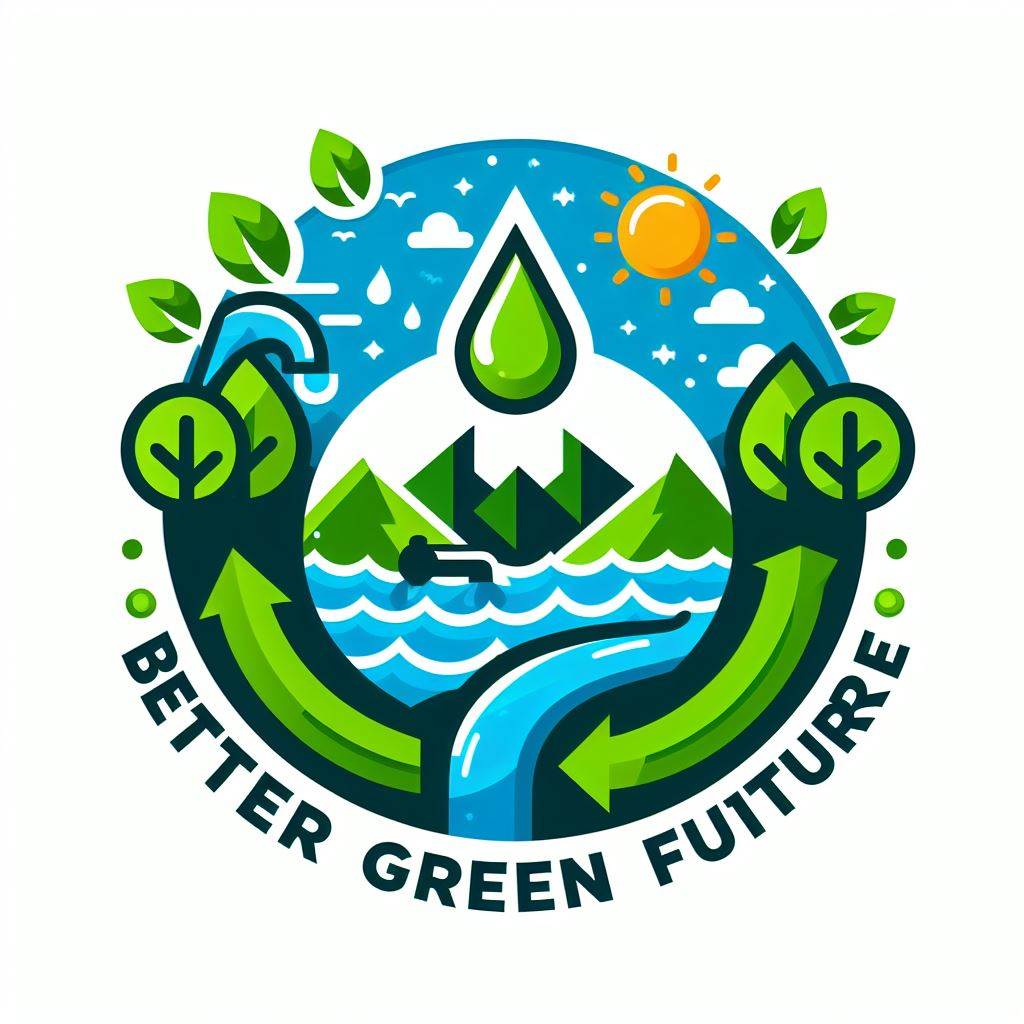
Reduce, reuse and recycle
The “reduce, reuse, and recycle” hierarchy is a guiding principle for sustainable waste management. Ideally, emphasis should be placed on reducing consumption first, followed by reusing items, and finally, recycling when other options are not viable in order to build a Better Green Future. However, the popularity and emphasis on these actions can vary in different contexts and among individuals.
In practice, recycling often receives more attention and is more widely promoted in public campaigns and policies. This is partly because recycling is more visible and tangible, with established recycling programs and infrastructure in many places. People are familiar with recycling bins, waste separation, and collection systems.
Reducing consumption and reusing items can be more challenging to implement on a large scale and may require changes in behavior, lifestyle, and production systems. Nevertheless, there is a growing awareness of the importance of reducing and reusing to minimize environmental impact.
In the pursuit of a more sustainable lifestyle, individuals are faced with choices that extend beyond the act of discarding. The decision between recycling and reusing items reflects a nuanced interplay of psychological factors, preferences, and perceptions. This article delves into the psychology behind why some people lean towards recycling rather than reusing, shedding light on the motivations that drive these environmental decisions.
- Convenience and Accessibility:
One prominent factor influencing the preference for recycling over reusing is the convenience and accessibility of recycling programs. Recycling bins are often readily available in public spaces, workplaces, and homes, making it a more accessible option for those who may prioritize convenience in their busy lives. The ease of placing an item in a recycling bin may be perceived as a simpler and more practical solution compared to the effort required for reusing.
- Perceived Impact:
Individuals may perceive recycling as a more impactful and efficient way to contribute to environmental sustainability. The notion that recycled materials can be transformed into new products, reducing the demand for virgin resources, may lead people to believe that recycling has a more significant and immediate impact on environmental conservation compared to reusing. This perception can influence their choices in favor of recycling.
- Lack of Awareness or Education:
The preference for recycling over reusing may stem from a lack of awareness or education about the benefits of reuse. Individuals may not fully understand the environmental advantages of extending the lifespan of a product through reuse, as opposed to recycling, which involves breaking down materials for remanufacturing. Increasing public awareness about the ecological benefits of reuse could potentially shift preferences towards a more balanced and sustainable approach.
- Social Influence and Norms:
The choices individuals make are often shaped by societal norms and the influence of those around them. If recycling is more widely accepted and promoted within a community, individuals may be more inclined to follow suit. Social pressure and the desire to conform to accepted environmental norms can drive people to choose recycling over reusing, as it aligns with the prevalent behaviors within their social circles.
- Perceived Cleanliness and Hygiene:
Concerns about cleanliness and hygiene may contribute to the preference for recycling over reusing. Some individuals may associate reuse with the potential for contamination or a lack of cleanliness, particularly when dealing with items like containers or packaging. Recycling, with its emphasis on processing materials in controlled environments, may be perceived as a more hygienic and hassle-free option.
- Incentives and Recognition:
Recycling programs often come with visible incentives, such as municipal recycling initiatives, which may include curbside pickup or financial incentives for recycling certain items. These tangible rewards and recognition for participating in recycling efforts can sway individuals towards choosing recycling over reusing, as they perceive immediate benefits for their actions.
Conclusion
The choice between recycling and reusing is a complex decision influenced by a combination of convenience, awareness, social norms, and perceived impact. As sustainability becomes a focal point in contemporary discourse, understanding the psychology behind these choices is crucial for developing effective environmental initiatives. By addressing these psychological factors, we can work towards creating a more balanced and holistic approach to waste management that incorporates both recycling and reuse for a Better Green Future.
If you like our post, do not forget to subscribe.
We are Better Green Future who fight to ensure own next generation has a future.
